
Hemorrhoids or piles are, basically, nothing more than swollen blood vessels located in the anus and the lower rectum. Due to the fact that this area is involved with the passing of the stool, irritation of the hemorrhoids during this occurrence can trigger bleeding, itchy feeling around the anus and severe pain.
Facts about Hemorrhoids
The blood vessels in the anal area belong there naturally and they play a very important role in closing the anus when necessary. Yet, usually due to overstraining during bowel movements, these blood vessels can become swollen, leading to the creation of hemorrhoids and the birth of many health problems which can cause numerous problems to the sufferer.
There are several different types of hemorrhoids, varying in size and shape, as well as location. The basic division is in internal hemorrhoids, being those which are located inside the anus, and external ones, appearing outside the anal area. While the former type is more common, appearing about 4cm above the anus opening, the latter case results in hemorrhoids appearing outside the anal opening.
Commonly, people mistake symptoms of other conditions with hemorrhoids. Nevertheless, in the UK, from 4 to 25% of entire population is suffering from hemorrhoids. The risk groups involve pregnant women and people who are older than 45. Even though hemorrhoids are not considered to be a serious health issue, they should be treated timely. Certain medications and a diet rich in fiber are usually enough to keep hemorrhoids at bay. However, when all else fails, hemorrhoid surgery is necessary. Statistically, the surgery is necessary in about 10% of cases.
Preventing Hemorrhoids
Being constipated is the worst case scenario to take place while you are suffering from piles. Therefore, a diet rich in fiber will keep constipation at bay and allow painless passing of the stool. Also, you are advised to pass the stool whenever it is due, rather than to delay the process, allowing the stool to become dry and hard.
In order to prevent piles, you should also drink plenty of water and base your diet on vegetables and fruits, staying away from fatty or processed food. Lentils, legumes, nuts, beans and cereals are all excellent sources of fiber, so make sure you have these in your plate often. As far as alcohol consumption is concerned, keep it limited and in moderation. Finally, stay physically active and lose excessive weight as well as constipation-triggering medications.
Ultimately, keep in mind that a diet too rich in fiber is not a good choice as well since it will lead to bloating, excessive wind, pain and constipation.



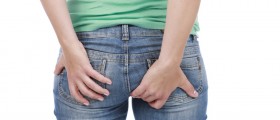
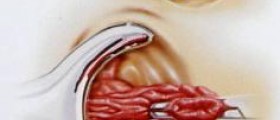



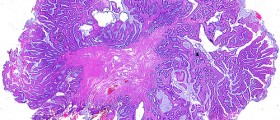
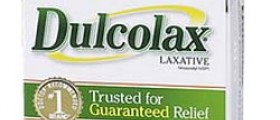



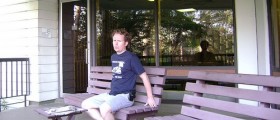


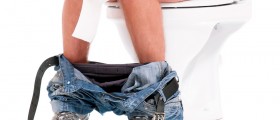
Your thoughts on this
Loading...